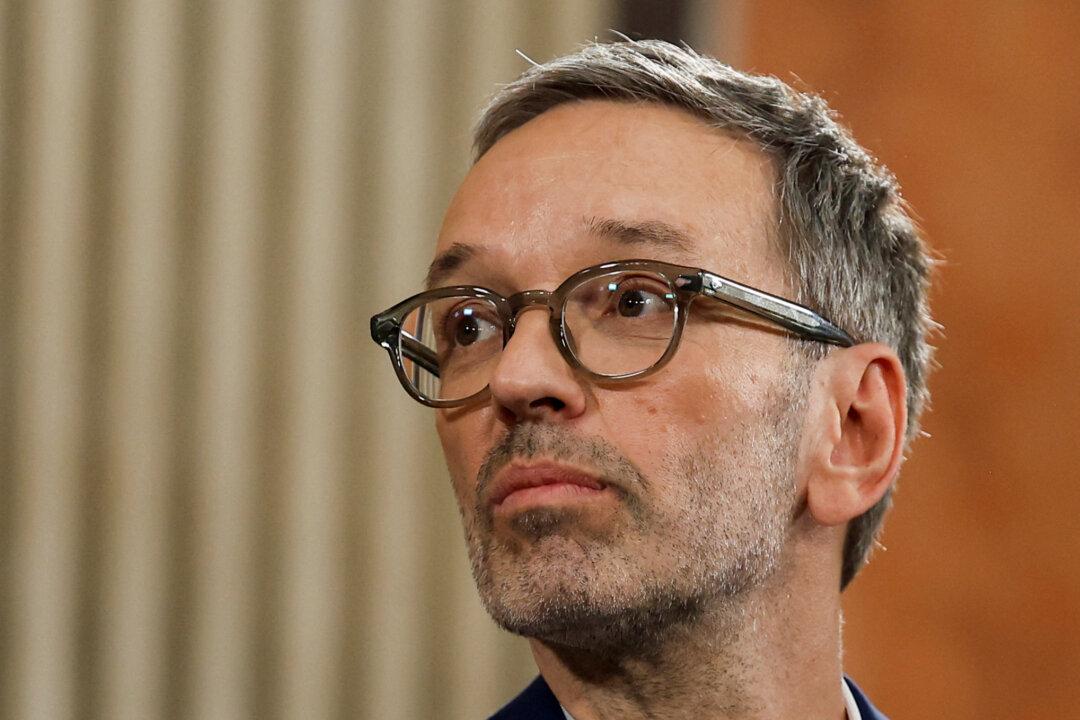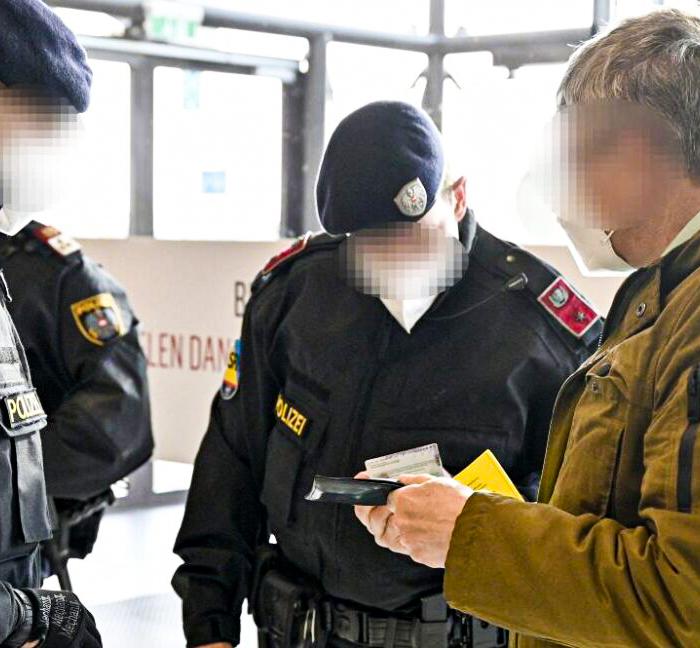Austria’s populist Freedom Party (FPO) has secured its highest share of the national election vote for the first time in Austria, beating Chancellor Karl Nehammer’s governing conservative People’s Party (OVP).
Political Reality
FPO party leader Herbert Kickl said in an interview after the results came in that leaders of the other parties in Parliament dismissed his call to form a coalition. But to become Austria’s new leader, he will need a coalition partner to command a parliamentary majority.With no party crossing the 50 percent mark, Austria’s coalition-based electoral system means the FPO will struggle to form a government alone.
“Tomorrow, there will be a blue Monday, and then we will set about turning that 29 percent into a political reality in this country,” Kickl told supporters on Sept. 29. Blue is the color associated with his party.
The FPO’s electoral success follows a spate of gains by parties with hardline immigration policies, such as Geert Wilders’s Freedom Party in the Netherlands, Marine Le Pen’s National Rally in France, and the AfD in Germany.
The FPO was founded in 1956 by Anton Reinthaller, a former SS officer and member of the Reichstag.
Policies
The FPO states in its manifesto that it wants immigrants who have entered Austria illegally to be removed, with very strict criteria enforced on legal immigration.Running on the campaign slogan “Fortress Austria,” the party also promoted “remigration,” a policy of returning immigrants to their place of origin.
“Austriaʼs population is growing solely through immigration; without it, the population would fall back to the level of the 1950s in the long term, according to the population forecast. Since 2015, the share of the population with a migration background has risen continuously from 21.4 percent to 25.4 percent,” Statistics Austria Director General Tobias Thomas said.
That number is now understood to have risen to 27 percent of the population of about 9 million last year.
Austria’s largest immigrant groups in 2023 include Germans (225,000), Romanians (147,500), Serbians (121,900), and Turks (119,700). In 2022, the country saw a significant rise in asylum applications, reaching 112,300, up from 39,900, with the largest increases from applicants from India, Tunisia, and Afghanistan.
The Freedom Party of Austria also proposes rejecting asylum applications from those who pass through safe countries, enforcing border “pushbacks,” and making asylum temporary, ending refugee status when home countries are deemed safe.
The party also stands against the EU’s Pact on Migration and Asylum, legislation that aims to create a unified asylum system across the EU and calls for stricter checks on naturalized Austrians’ citizenship.
Lockdown

Reuters reported that Kickl’s campaign against coronavirus restrictions such as lockdowns and vaccine mandates helped revive the party’s fortunes.







